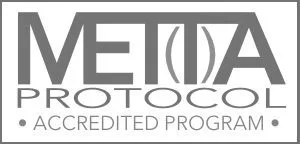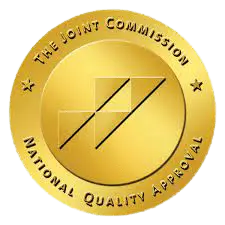The 12-Step program has been the cornerstone of nearly every drug treatment program. Since the 1930s, the Alcoholics Anonymous 12-step program has helped countless millions of alcoholics worldwide find sobriety. The 12 steps of AA have provided the template for other self-support programs covering a wide range of addictions. While 12-step groups are effective, they are often misunderstood and at the center of some controversy.
Understanding the 12-Step program is the subject of this blog. You will learn how this program came to be as well as its benefits. You will also learn the ways in which an AA 12-Step program may not be the best option for you. If you are looking for a drug treatment program that features effective evidence-based care, call SEE Purpose Treatment Center today. Our Indiana drug addiction treatment center offers customized treatment programs utilizing 12-step and non-12-step approaches that best suit your needs.
Call SEE Purpose Treatment Center today and transform your mind, body, and soul.
What Are 12-Step Programs?
Understanding the 12-Step program begins with knowing what these programs are and their origins. Simply defined, a 12-Step program is a peer-based self-help program for those who are battling alcoholism, drug addiction, or process addictions such as gambling, shopping, and sex addiction. These programs are guided by a set of steps that outline how people overcome their addiction and lead a healthy and productive life.
Since its inception in 1935, the 12 Steps of the Alcoholics Anonymous program has inspired addicts across the world to seek help with their alcoholism and become part of a strong support network to help others. AA and other 12-step groups allow people anonymity to share their stories and feelings in a safe and non-judgmental environment. The ultimate goal is to help each member of the group experience a profound “spiritual awakening” that provides the motivation to stop drinking and using other drugs.
While each 12-Step group may differ in its approach, there are common guiding principles that are shared across these groups which include the following:
- Admitting you aren’t in control of your addiction
- Recognizing that a “higher power” can restore addicts
- Having the courage to examine past mistakes
- Having the courage to make amends to those who were wronged
- Helping others who share the same struggles
What Are The Benefits Of 12-Step Programs?
12-Step groups provide tremendous benefits for people in recovery. First and foremost, these groups provide members a strong community to cultivate their sobriety. The support network found in 12-step meetings provides a safe place for people and allows members to form strong friendships. The 12 Steps provide members with a clear and structured path to recovery. Not only do the steps provide guidance for recovering people to deal with their temptations and triggers, they also emphasize personal accountability for working their program.
12-step groups are designed in a way so each member takes responsibility for their own recovery. People in these groups are active participants and learn how to take care of the physical and spiritual needs. Most importantly, 12-step groups provide a strong spiritual foundation that nourishes and motivates those in recovery to better themselves.
What Are The Limitations of 12-Step Programs?
While 12-step groups are extremely beneficial, they may not be for everyone. The most obvious limitation of these groups is the emphasis on spiritual principles. For those who are not religious or believe in a faith-based system, 12-step programs can be met with tremendous hesitancy. Since 12-step groups are based on people sharing their personal feelings with others, there are some who may feel their privacy is being violated.
Another limitation of these programs is that they lack professional guidance and direction. That is why it may be more beneficial if people undergo intensive professional treatment in addition to participating in a 12-step group. Finally, many still view 12-step groups as for people who are the worst of the worst and have hit rock bottom. For those who may have mild substance abuse issues, this stigma may drive them away from these groups.
Today Is The Day That You Change Your Life
The struggle with substance abuse is real. If you or a loved one have decided to change your life and enter treatment, call SEE Purpose Treatment Center today. Our treatment facility features quality detox, intensive residential, and aftercare programs that are evidence-based and address the mind, body, and spirit. Our customized and dynamic approach to drug treatment gives you the tools to transform your life and become the person you were meant to become.
Start your recovery journey and call SEE Purpose Treatment Center toll-free right now.







